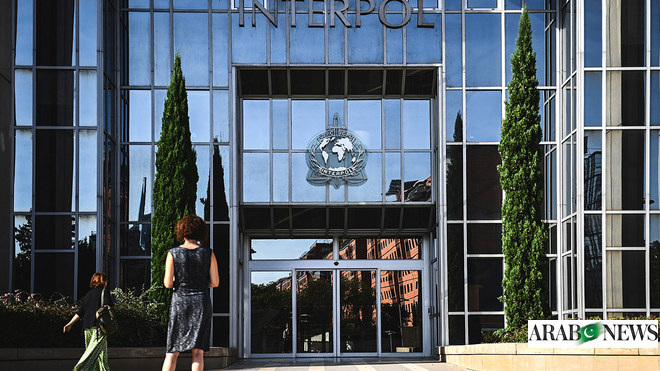Protests continue over sixth anniversary of merger of Pakistan’s tribal areas with northwestern KP province
PESHAWAR: Six years after Pakistan’s northwestern tribal areas were merged with neighbouring Khyber Pakhtunkhwa (KP) province, protesters in Khyber Tribal District on Friday declared May 31 a “black day”, saying they wanted people to realise that the merger anniversary had been a “total failure”.
The merger of the tribal regions, formalized in 2018, was aimed at incorporating these historically semi-autonomous regions into the national mainstream. Collectively known as the Federally Administered Tribal Areas (FATA), these territories were used by British colonial rulers as a buffer zone to mitigate the threat of the Russian Empire during the Great Game.
The buffer zone was governed by the Frontier Crime Regulations (FCR), which have often been criticised for legitimising harsh measures such as collective punishment, which allowed British-appointed political agents to settle disputes and deal with potential threats without formal court procedures.
The merger of FATA and KP following militant threats from the region in recent years was seen as a significant step to bring governance and development to the people. But the transition faced many challenges, including limited financial resources that hindered rapid progress.
Tribal elder Malik Hazrat Wali Afridi told Arab News that protesters were considering May 31 as a black day and were demanding the reversal of the unification of FATA and KP.
“The new system to replace the tribal system has completely failed and collapsed here as it was never vetted or trusted by the tribal people,” he said. “It has not brought any positive change in people’s lives.”
“The government has not provided the promised Rs 10 billion development fund. [$35.71 million] “We have not paid any funds annually to the merged districts and have not received even 3 per cent of the National Finance Commission (NFC) grant in the last six years,” he continued, referring to the constitutional arrangements outlining the allocation of financial resources between the federal government and the states.
Another tribal elder, Malik Yar Muhammad, said the merger was forced on the people of the tribal areas.
He said a grand conference of representatives from the tribal districts of Bajaur, Khyber, Kurram, Orakzai, North Waziristan and South Waziristan would be held on June 21 to decide the future course of action for the tribal people of the region.
“In our upcoming tribal grand rally we will decide whether to approach the Supreme Court of Pakistan or hold nationwide protests and sit-ins against the merger of FATA and KP,” he added. “We have only one demand — the reversal of the merger of FATA and KP and nothing else.”
Aamer Raza, a political analyst who teaches at Peshawar University, told Arab News that one of the protesting tribesmen’s demands is a legitimate one: the wise use of their local resources for the benefit of local residents.
However, he noted that there is no need to reverse the merger, adding that legislation can be enacted to ensure local residents have a fair share of job opportunities and resources.
“It would have been better if a systems design approach had been taken. [before the integration] “We need somewhere where we can study the impact of changes before any work is undertaken,” he added.
Asked about the protests, provincial government spokesman Lawyer Muhammad Ali Saif declined to comment, saying the matter was under the jurisdiction of the federal government.
Arab News tried to contact Federal Minister of Information Attaullah Talal for comment but did not receive a response.

